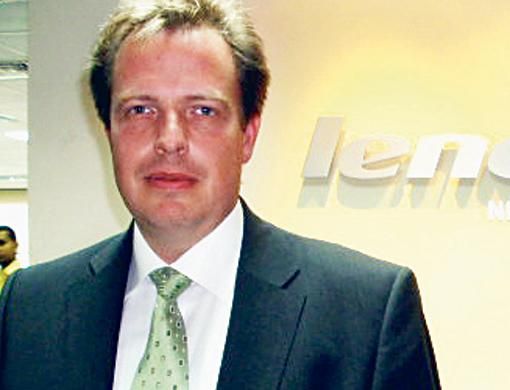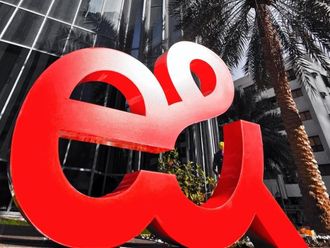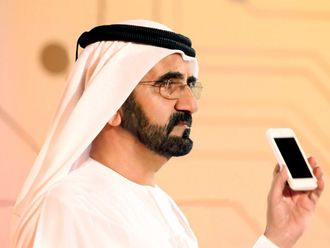Dubai: It's been almost 18 months since Lenovo made headlines with the launch of the ThinkPad X301, an ultra-light and super-thin notebook computer that was frequent called the PC version of Apple's popular Macbook Air.
Since then, Lenovo seems to have drifted back into the shadows in the Middle East, but Ralf Jordan, the company's new executive director and general manager for Europe, Middle East, Africa, and Turkey, is looking to drive the Lenovo brand back into the limelight.
But just how this feat is to be accomplished it still under wraps.
Jordan, who took over the region in April and was in Dubai last week, says that the moment he is just trying to figure out just how to handle the region. "Every trip right now is really about experiencing, learning, and listening," he said.
Jordan does know that Lenovo wants to have a greater market share in the Middle East, a region the company think will grow substantially over the next few years.
"The Middle East will continue to grow because you have a young population, it's an area were PC penetration in not on the level of mature markets, and the GDP expectation in the mid and long term is still growing," he said.
Lenovo, which is based in China, announced a new organisational structure in March that separates the companies focus between mature and emerging markets, which includes Russia, India, Eastern Europe, Middle East, Africa, Turkey, Hong Kong, Thailand and Korea, and small Asean countries. Within the Middle East itself, Jordan sees Egypt, Saudi Arabia and the UAE as the strongest markets.
"The main driver behind that is - if you want to beat the industry - the name of the game is scale. If you want to be successful in the long run, you need to have scale. What is driving scale is growth, and growth is coming out of emerging markets."
How much grow Lenovo is expecting Jordan isn't saying, but he says there is a lot of room for improvement.
Jordan said that the company is also not as worried at quarterly growth as it is about long-term growth. He attributes that outlook to Lenovo's Chinese-based management model. Lenovo, which is the fourth largest PC maker in the world, bought IBM's PC business in 2004. The company saw revenue of $16.54 billion (Dh60.7 billion) in 2008.
One of the things that Lenovo hopes to change is its position from a vendor with a heavy commercially-oriented product portfolio, such as the X301, to one with greater consumer appeal. Jordan says that is a necessity because the company believes that, within a few years, 80 per cent of the PC market will come from home users and small and medium businesses.
To help the company build its consumer brand, it will be focusing heavily on channel partners who can help people get to know their products.
"We will focusing mainly on the power retailers ... while at the same time working with the traditional SMB [small medium business] channels."
Jordan said the company will focus on hypermarkets when the brands are more established, as it prefers to work with retailers who will help customers get familiar with Lenovo's products.
Lenovo is also being circumspect about what specific consumer products it will bring to the market. Jordan says the company will introduce products across all price points, from netbooks to high-end notebooks. The company is also looking to package netbooks with data packages available through regional telcos, similar to how BlackBerries and iPhones are packaged.









